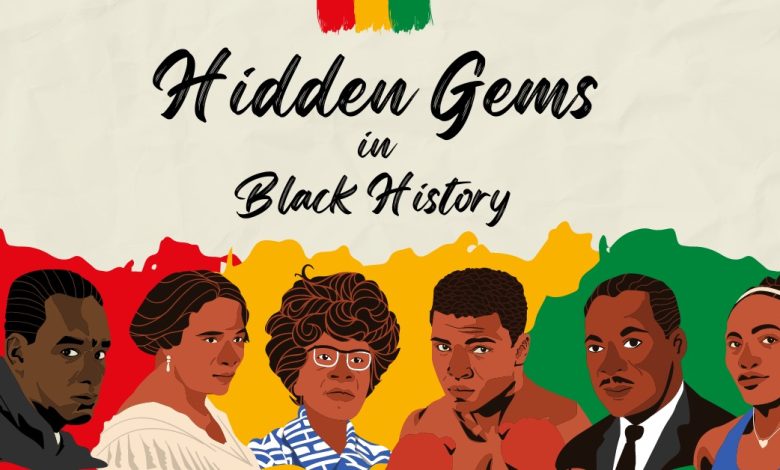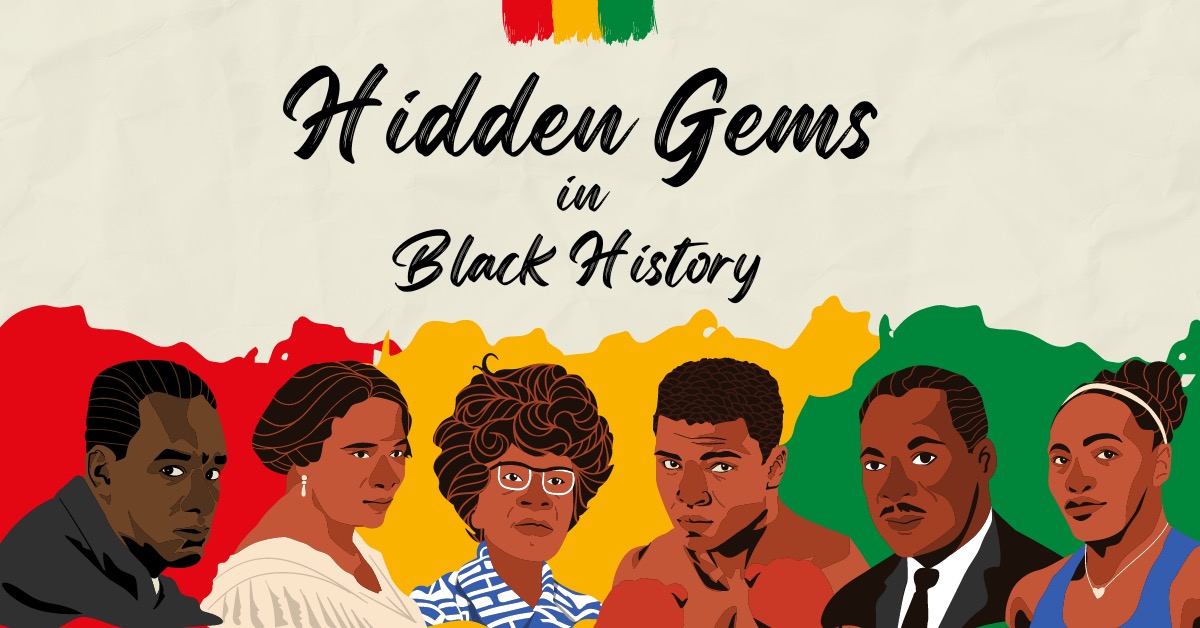Hidden Gems in Black History: Black Wall Street


During the early 20th century, African Americans established thriving economic and commercial hubs in several cities, including Chicago, Tulsa, and Durham. Each neighborhood had its own nickname reflecting its prominence as a financial boomtown, but Black Wall Street is widely used to characterize these historic Black concentrations of wealth and success.
The Origins of Black Wall Street
Hayti in Durham, Bronzeville in Chicago, Sweet Auburn in Atlanta, West Ninth Street in Little Rock, Arkansas, Farish Street in Jackson, Mississippi, and Jackson Ward in Richmond, Virginia, were among the nation’s most prosperous African American communities in the early 1900s, with thriving business and economic ecosystems.
Black Wall Street communities may be best familiar with Tulsa’s Greenwood neighborhood. Booker T. Washington, founder of the Tuskegee Institute, dubbed Greenwood “Negro Wall Street” for its significant concentration of Black professionals within 40 square blocks. Black people and families from throughout the nation moved to Tulsa after Washington’s proclamation and the oil boom to start companies and raise money to develop a self-sufficient, wealthy society.
Post-Civil War America was segregated, but Black Wall Street allowed Black entrepreneurs to sell to their neighbors as many white-owned firms wouldn’t serve Black clients. African Americans founded insurance firms, banks, funeral homes, grocery shops, medical facilities, and other enterprises to serve their neighbors. These enterprises provided products and services and employed locals.
As more Black Wall Street people had money to spend, churches, movie theaters, restaurants, nightclubs, motels, and other meeting places opened.
Seeking Equal Opportunity
Jackson Ward in Richmond, Virginia, was founded in 1871 after the Civil War. As the first Black Wall Street, Jackson Ward was known as “the Harlem of the South” for its thriving commercial and entertainment sector. The Southern Aid and Insurance Company—the first Black-owned life insurance company—was a prominent Jackson Ward enterprise.
A teenage Maggie Mitchell joined The Independent Order of St. Luke, a benevolent fraternal organization, to assist the ill and old in her neighborhood. Her organizational talents and commercial savvy helped the nonprofit recover financially, and Walker swiftly took on greater responsibilities.
But she was just beginning. By her 40s, Walker had founded a department store owned by and for African Americans, a newspaper, and the St. Luke Penny Savings Bank, making her the first Black woman to form and lead a U.S. bank. After leading the bank from 1903 until 1934, Walker chaired the board of directors of the newly formed Consolidated Bank and Trust Company, which amalgamated with two other Black-owned banks in Richmond. The longest-running Black bank in the U.S. until 2009.
Walker was one of Black Wall Street’s biggest pioneers, overcoming racial and gender boundaries to become one of the most successful Black women in business.
What Happened to Black Wall Street?
Many Black Wall Street firms collapsed during the Great Recession of the 1930s after the 1929 stock market crash. Some performed well throughout that time during World War II, but “urban renewal” efforts in the 1950s and ’60s ripped up many Black villages for roads and other projects, dealing the ultimate blow. Companies lost consumers, and many individuals relocated to neighboring locations for greater economic options once integration opened new towns to African Americans.
Greenwood was destroyed, and several citizens were slain in the 1921 Tulsa racial massacre. The massacre caused $1.8 million in property damage claims ($27 million now), according to a 2001 state commission report. The region rebuilt before succumbing to the same economic and social constraints that harmed other Black business areas. It remains one of the greatest acts of racial brutality and domestic terrorism in American history.
Black Wall Street Today
Black Wall Street people and their descendants have worked to preserve its cultural, economic, and historic history. In 2021, PayPal established the Maggie Lena Walker Award to recognize marginalized women who provide possibilities for success in their communities. After decades of effort, Greenwood was listed in the National Register of Historic Places and Oklahoma Historical Society State Historic Preservation Office in 2022.
Business incubators are opening nationwide to assist young Black entrepreneurs in developing wealth, increasing financial literacy, and boosting economic growth. Local leaders in Tulsa founded the Black Wall Street Business Center, an accelerator for minority businesses.
Black business festivals in cities showcase developing commercial areas, and social media links new enterprises to prospective clients, creating a virtual Black Wall Street. Continuing the tradition, one company at a time.
This is a part of our new series – “Hidden Gems in Black History,” where we highlight uncommon facts throughout Black history. Join us every day during Black History Month for interesting facts about Black people and places you likely haven’t heard before!




